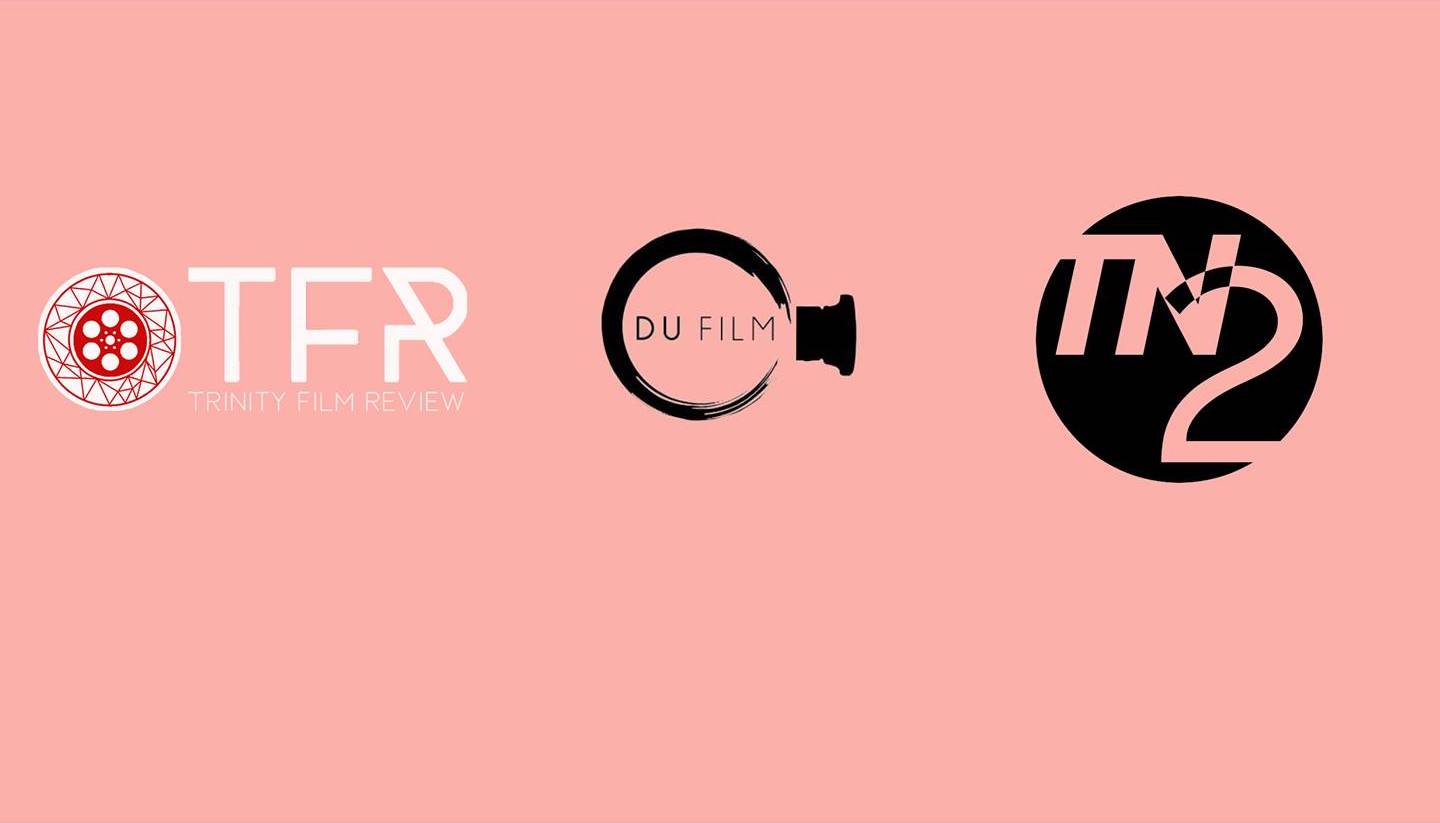On the last day of Freshers’ Week, editors from TN2 and Trinity Film Review (TFR) came together with members of the DU Film Society to talk about writing reviews and features for both publications. The event was more of a question and answer session than a writing workshop, but it was still helpful to those wanting to get involved in writing about films on campus. In fact, this format was probably better than a workshop as it was intended for those new to the publications, and to college in general, who might not want to share their first attempts at criticism in real time with complete strangers via webcam.
The first set of questions were posed by Grace Kenny, chair of DU Film Society, to Emily Thomas, TFR editor and Connor Howlett, TN2 Film Editor, with other members of both publications chiming in when appropriate. Groups and societies within Trinity have at times been criticised for being too cliquey, but the camaraderie between the different speakers never came across as such. The speakers were warm and welcoming, able to relate humorous anecdotes from their experiences as writers and staff without relying on inside jokes. This welcoming tone, especially difficult when zoom calls like this require the audiences’ mics to be muted, was impressive on the last day of a strange week.
The Zoom format led to some other small problems — the questioner’s call dropped for a minute or two, and as the audience asked questions through the chat function, speakers were at first unsure if people were formulating questions or not. Still, the panel was able to keep discussion going without it feeling like they were scrambling to fill time. All the while, the unique format had its advantages: when Thomas and Howlett told viewers how to get in touch and start their critical journey, their email addresses and links to the Facebook pages where prompts can be found were posted in the chat immediately for easy access. I was particularly impressed when Thomas encouraged attendees to look out for the upcoming short prompts aimed at new writers to be posted next week on TFR’s Facebook page. This should be a great opportunity for new writers to get involved while still adapting to their new course loads.
The two main panelists had a lot of good reasons for getting involved with the publications. Thomas said that her experience with TFR led not only to an improvement in her reviews, but also to her academic essays, something I’ve noticed from my own experience writing for TN2 and TFR. Howlett also pointed out that, for those hoping for a career in the film industry, screenings are a great opportunity to make connections and learn about the publicity side of filmmaking.
Over the course of the night the differences between writing for the two publications was identified. Trinity Film Review, as the name suggests, focuses on reviews, and while TN2 similarly includes these on their website, their print issues focus on features. The editing style also differs due to the size of both magazines’ staff. TFR staff will edit pieces without the writers’ input, while TN2’s larger number of editors and copyeditors offer writers that chance to look over suggested edits and give their approval, a useful learning experience. Many on the panel talked about writing for both TN2 and TFR and were quick to dispel any notions of competition between the two publications. Considering the dramatic times we live in, this could only have been a positive for Fresher attendees.
The panelists also gave useful tips for new writers and those wishing to improve their craft. Balancing a personal touch is key — you want to let your voice shine through without going off on unrelated tangents. They also said not to worry if editors agreed with their opinions or not, that such pieces, a three-star Cats review for example, still get published; with Thomas expressing her interest in “hot takes”. They encouraged people to read past issues of both publications to see the shape pieces should take. One speaker recommended professional publications like The Irish Times and The Guardian, emphasising that the latter is completely free to access. This attention to accessibility was yet another moment that made clear how eager the two publications were to welcome new members.
For those who want to get involved, along with next week’s mini-prompts, TFR will be calling for pieces for the next issue around the end of this month, and TN2 are always looking for new pieces for their site. As for me, I’m looking forward to the new crop of talent to be virtually witnessed throughout the academic year.






